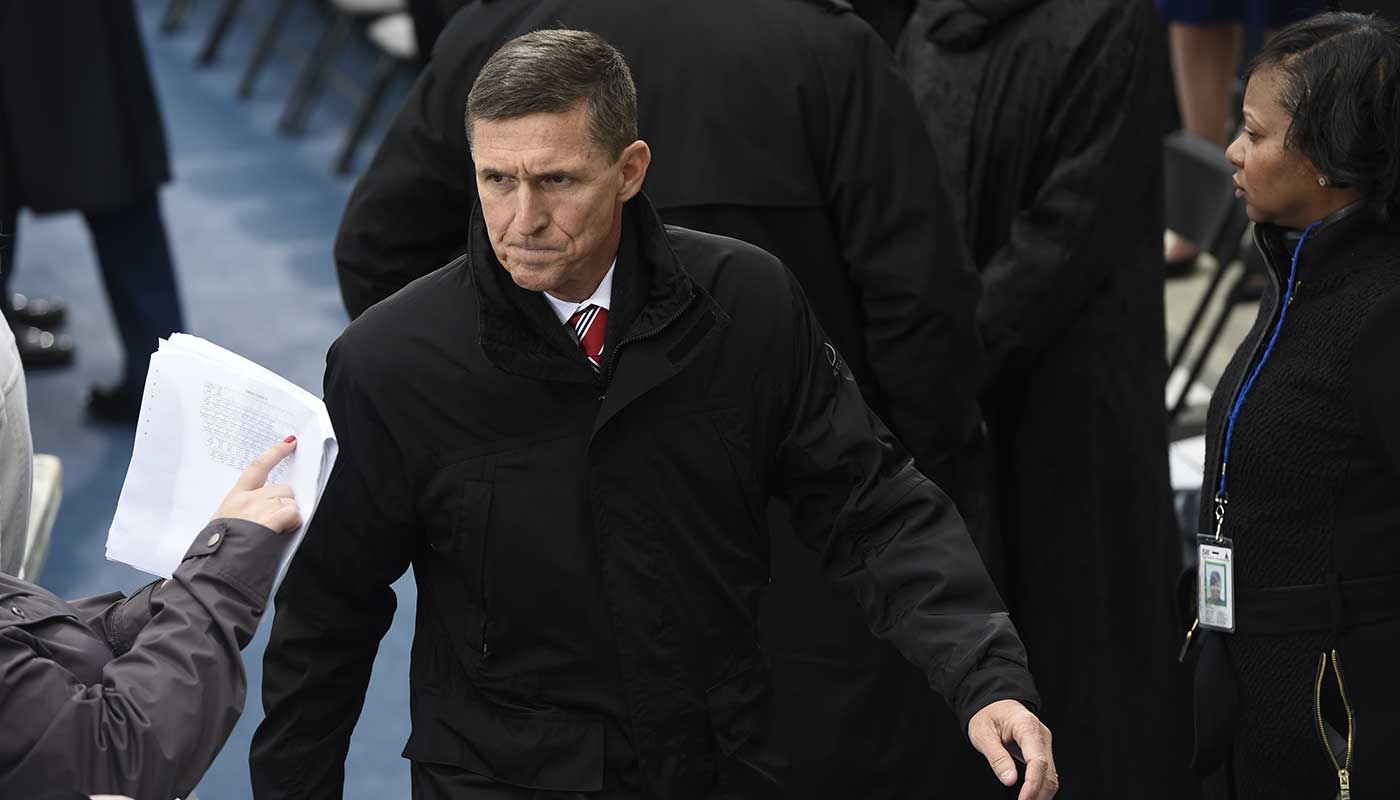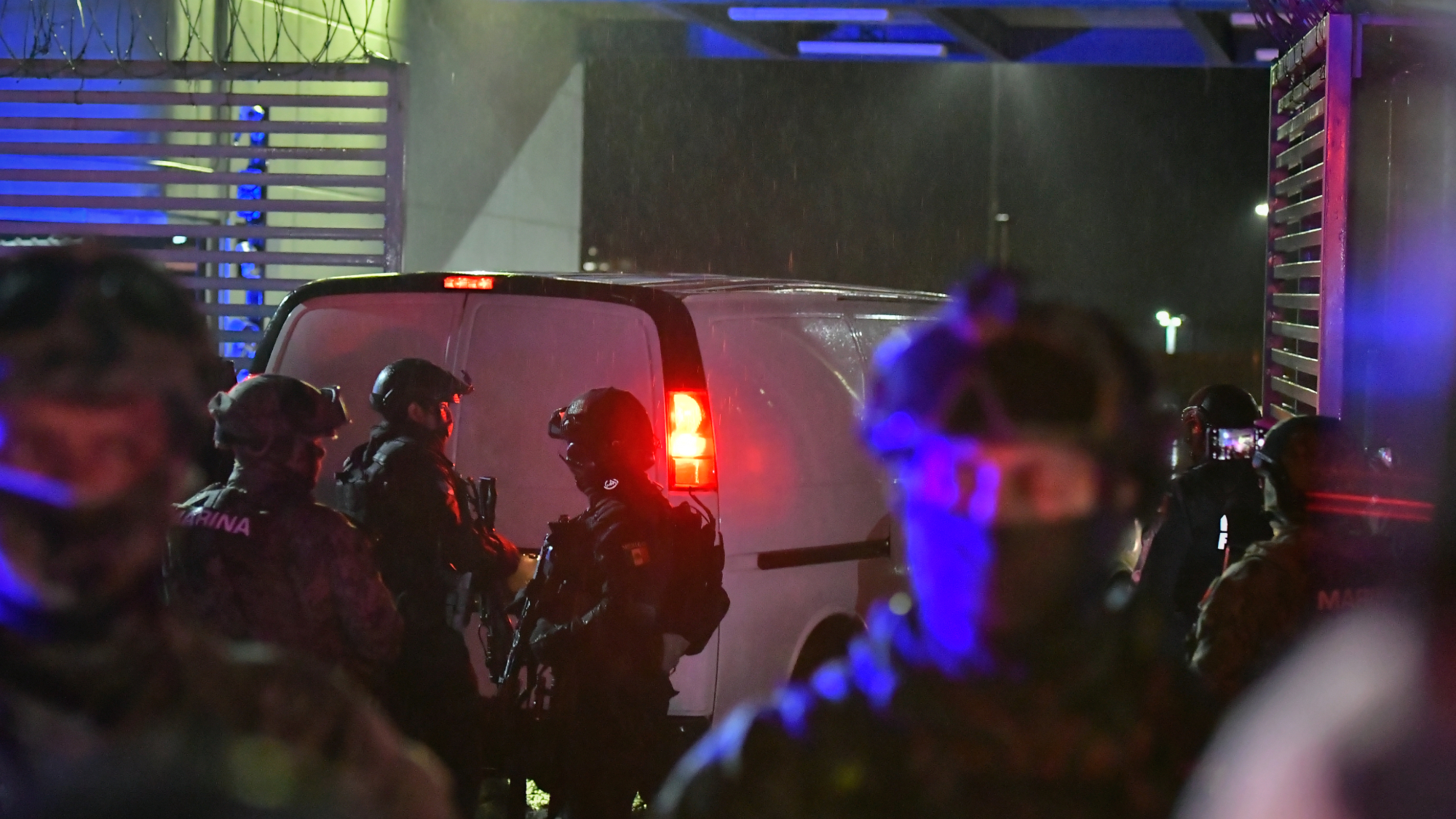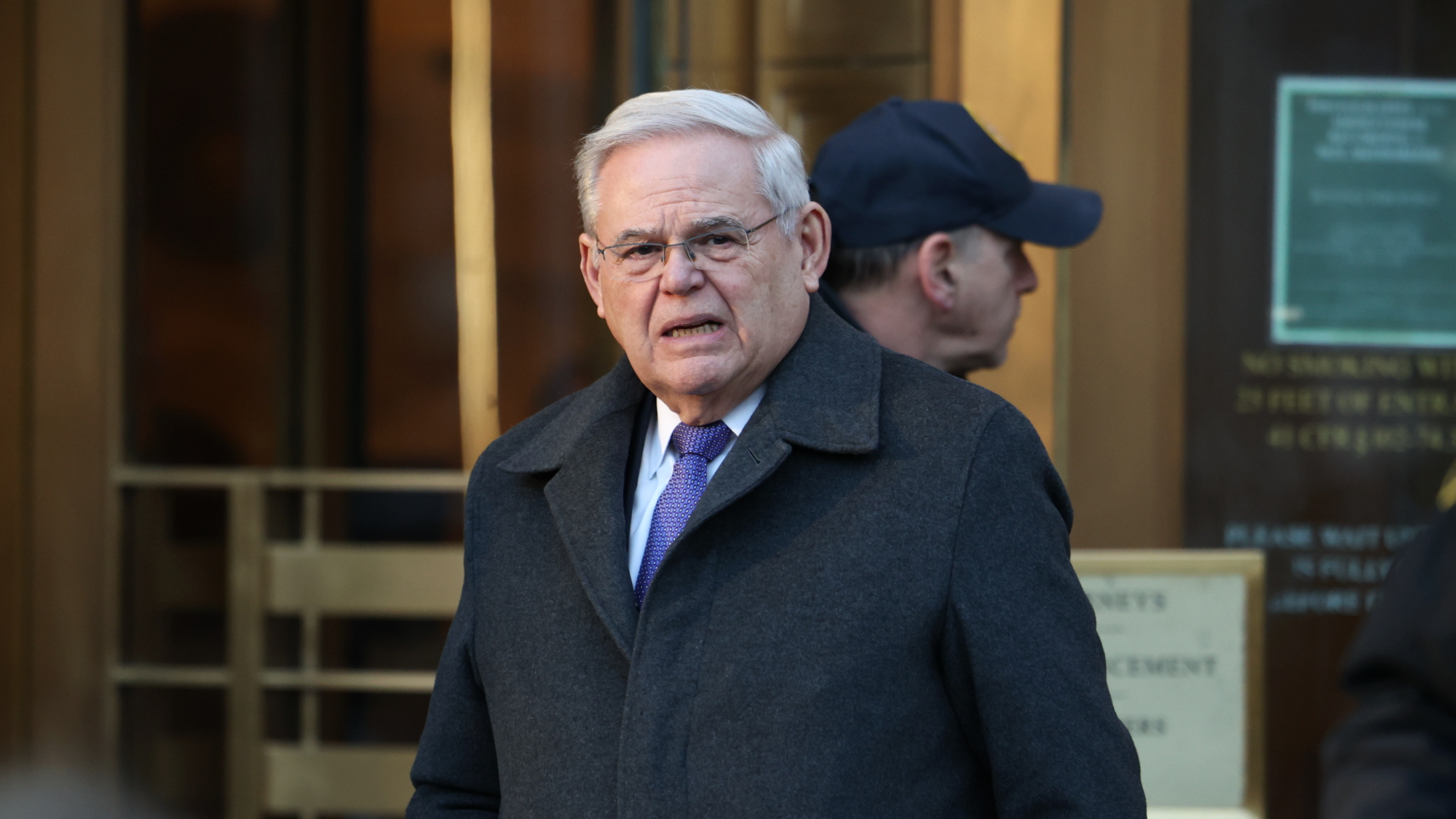Michael Flynn said Russia sanctions would be ‘ripped up’
Whistleblower claims Michael Flynn texted colleague during Trump inauguration

A free daily email with the biggest news stories of the day – and the best features from TheWeek.com
You are now subscribed
Your newsletter sign-up was successful
Donald Trump’s former national security adviser, Michael Flynn, texted a former business partner during Trump’s inauguration in January saying that sanctions against Russia were about to be “ripped up”, according to a US congressman.
An unnamed colleague of the text message’s recipient informed the top Democrat on the House of Representatives’ oversight and government reform committee, Elijah Cummings, who published the claims in an open letter yesterday.
“General Michael Flynn - within minutes of Donald Trump being sworn in as president - was communicating directly with his former business colleagues about their plans to work with Russia to build nuclear reactors in the Middle East,” the letter says.
The Week
Escape your echo chamber. Get the facts behind the news, plus analysis from multiple perspectives.

Sign up for The Week's Free Newsletters
From our morning news briefing to a weekly Good News Newsletter, get the best of The Week delivered directly to your inbox.
From our morning news briefing to a weekly Good News Newsletter, get the best of The Week delivered directly to your inbox.
Their work had previously been held up by “US economic sanctions against Russia, which was to supply the reactors for the proposed project”, the BBC reports.
Flynn allegedly sent the messages to Alex Copson, managing partner of ACU Strategic Partners, a US nuclear power consultancy.
Copson reportedly told the whistleblower that he “just got this text message” from Flynn, saying that the project was “good to go” and directing Copson to contact business colleagues to “let them know to put things in place”.
“Mike has been putting everything in place for us,” Copson reportedly told the whistleblower. “This is going to make a lot of wealthy people.”
A free daily email with the biggest news stories of the day – and the best features from TheWeek.com
Before joining the Trump campaign, “Flynn had worked on a business venture to partner with Russia to build nuclear power plants in the Middle East until June 2016, but remained close with the people involved afterward,” The New York Times.
-
 The Week Unwrapped: Do the Freemasons have too much sway in the police force?
The Week Unwrapped: Do the Freemasons have too much sway in the police force?Podcast Plus, what does the growing popularity of prediction markets mean for the future? And why are UK film and TV workers struggling?
-
 Properties of the week: pretty thatched cottages
Properties of the week: pretty thatched cottagesThe Week Recommends Featuring homes in West Sussex, Dorset and Suffolk
-
 The week’s best photos
The week’s best photosIn Pictures An explosive meal, a carnival of joy, and more
-
 Maxwell pleads 5th, offers Epstein answers for pardon
Maxwell pleads 5th, offers Epstein answers for pardonSpeed Read She offered to talk only if she first received a pardon from President Donald Trump
-
 Death in Minneapolis: a shooting dividing the US
Death in Minneapolis: a shooting dividing the USIn the Spotlight Federal response to Renee Good’s shooting suggest priority is ‘vilifying Trump’s perceived enemies rather than informing the public’
-
 Trump pardons crypto titan who enriched family
Trump pardons crypto titan who enriched familySpeed Read Binance founder Changpeng Zhao pleaded guilty in 2023 to enabling money laundering while CEO of the cryptocurrency exchange
-
 The trial of Jair Bolsonaro, the 'Trump of the tropics'
The trial of Jair Bolsonaro, the 'Trump of the tropics'The Explainer Brazil's former president will likely be found guilty of attempting military coup, despite US pressure and Trump allegiance
-
 Trump lambasts crime, but his administration is cutting gun violence prevention
Trump lambasts crime, but his administration is cutting gun violence preventionThe Explainer The DOJ has canceled at least $500 million in public safety grants
-
 Alcatraz: America's most infamous prison
Alcatraz: America's most infamous prisonThe Explainer Donald Trump wants to re-open notorious 'escape-proof' jail for 'most ruthless and violent prisoners' in the US
-
 Mexico extradites 29 cartel figures amid US tariff threat
Mexico extradites 29 cartel figures amid US tariff threatSpeed Read The extradited suspects include Rafael Caro Quintero, long sought after killing a US narcotics agent
-
 Ex-Sen. Bob Menendez sentenced to 11 years
Ex-Sen. Bob Menendez sentenced to 11 yearsSpeed Read The former New Jersey senator was convicted on federal bribery and corruption charges last year